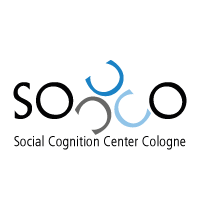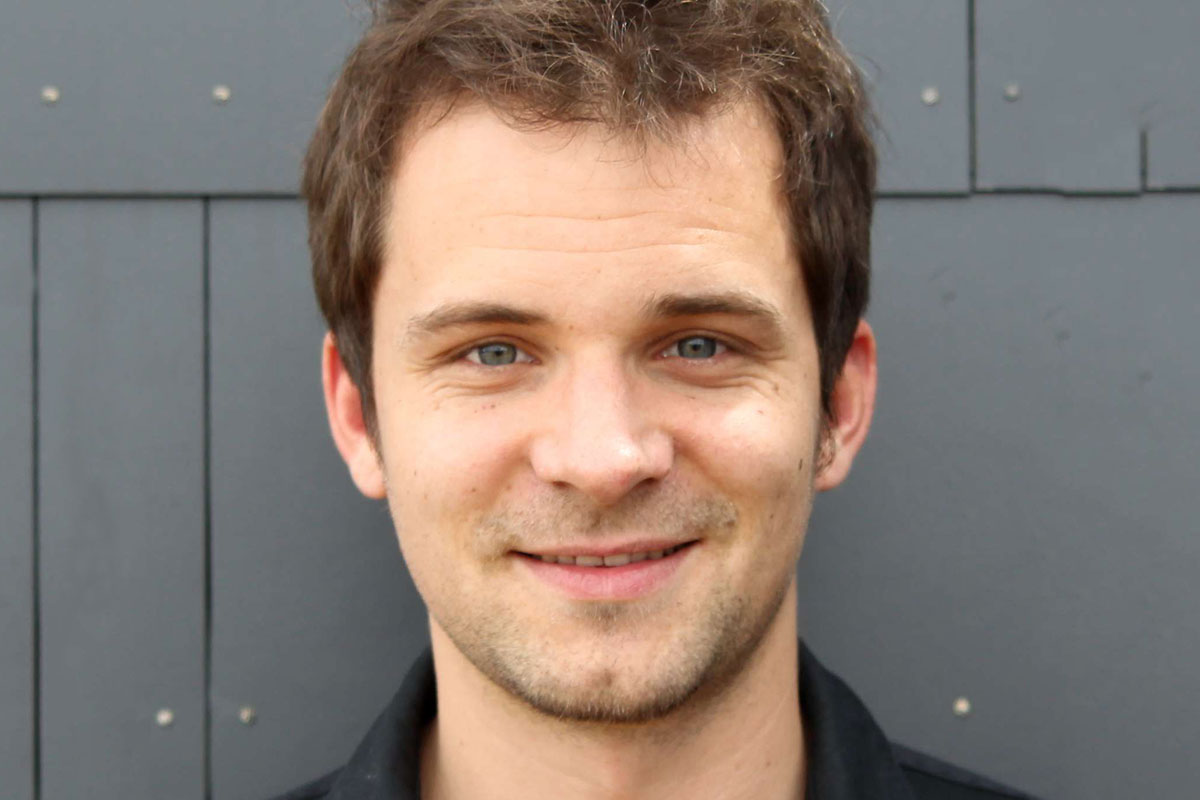The Interaction of the Evaluative Ecology and Comparative Processing
Researchers
Christian Unkelbach • Anne Gast • Hans Alves • Fabia Högden
Description
The present project investigates the interaction of two fundamental aspects of social cognition: comparative thinking and evaluative thinking. People think about their social world in relative terms (e.g., the number of push-up one can do is only meaningful in comparison to a reference standard) and people divide the world into “good” and “bad”, into “positive” and “negative”. The interaction follows naturally, as evaluations and comparisons are intricately linked: most social comparisons are evaluative, and most social evaluations are comparative. However, previous research investigating this interaction has almost exclusively focused on intrapersonal factors, for example, by activating motives (e.g., self-enhancement), comparison directions (e.g., up- or downward), or comparative mindsets (e.g., assimilative or contrastive).Going beyond these intrapersonal factors, we investigate the interaction of evaluative and comparative thinking from an ecological perspective, specifically, the evaluative ecology. The evaluative ecology is formed by the structural properties of evaluative information in a given environment. Examples of such structural properties are the frequency and diversity of evaluative information. These properties interact in a predictable way with comparison processes, such as searching for similarities versus searching for differences, to produce evaluative outcomes.We have formalized this ecology-comparison interaction in an ecological comparison model (ECM) and test the predictions of this model for evaluative outcomes in three areas: 1) serial evaluations of individuals, as in oral academic exams or selection procedures; 2) evaluations of groups, as in outgroup and ingroup evaluations; and 3) evaluative learning, specifically in evaluative conditioning.The formalized interaction of cognitive comparison processes with the properties of the evaluative ecology allows us to explain classic effects (e.g., outgroup derogation and ingroup favoritism) and to predict novel, hitherto undiscovered phenomena (e.g., evaluative blocking). The project’s ecological perspective thereby provides an essential ingredient to understand the relativity of human cognition.
Contact
Contact

Universität zu Köln
Allgemeine Psychologie II
Richard-Strauss-Str. 2
50931 Köln | GERMANY
Telephone +49-221-470-2001
E-mail christian.unkelbach(at)uni-koeln.de







